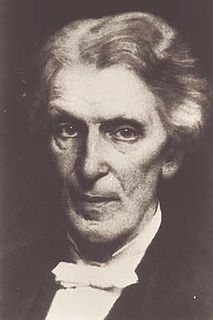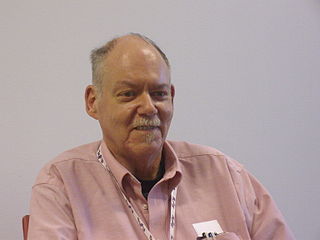A Quote by James Martineau
The scepticism which men affect towards their higher inspirations is often not an honest doubt, but a guilty negligence, and is a sign of narrow mind and defective wisdom.
Related Quotes
I am not very sceptical, — a frame of mind which I believe to be injurious to the progress of science. A good deal of scepticism in a scientific man is advisable to avoid much loss of time, but I have met with not a few men, who, I feel sure, have often thus been deterred from experiment or observations, which would have proved directly or indirectly serviceable .
It is not uncommon for ignorant and corrupt men to falsely charge others with doing what they imagine that they themselves, in their narrow minds and experience, would have done under the circumstances of a given case, and the surest check, often the only check, on such perjury, is to recognize the impossibility that men of larger instruction and resources and experience could have been guilty of such conduct.
Take faith, for example. For many people in our world, the opposite of faith is doubt. The goal, then, within this understanding, is to eliminate doubt. But faith and doubt aren't opposites. Doubt is often a sign that your faith has a pulse, that it's alive and well and exploring and searching. Faith and doubt aren't opposites, they are, it turns out, excellent dance partners.
Christ wishes the Christian Community to be a body that is perfect because we work together towards a single end, and the higher the motive which actuates this collaboration the higher, no doubt, will be the union. Now the end in question is supremely exalted: the continuous sanctification of the Body for the glory of God and the Lamb that was slain [Jesus in the Most Blessed Sacrament].
When I get honest, I admit I am a bundle of paradoxes. I believe and I doubt, I hope and get discouraged, I love and I hate, I feel bad about feeling good, I feel guilty about not feeling guilty. I am trusting and suspicious. I am honest and I still play games. Aristotle said I am a rational animal; I say I am an angel with an incredible capacity for beer.
A sign, or representamen, is something which stands to somebody for something in some respect or capacity. It addresses somebody,that is, creates in the mind of that person an equivalent sign, or perhaps a more developed sign. That sign which it creates I call the interpretant of the first sign. The sign stands for something, its object. It stands for that object, not in all respects, but in reference to a sort of idea, which I have sometimes called the ground of the representamen.








































